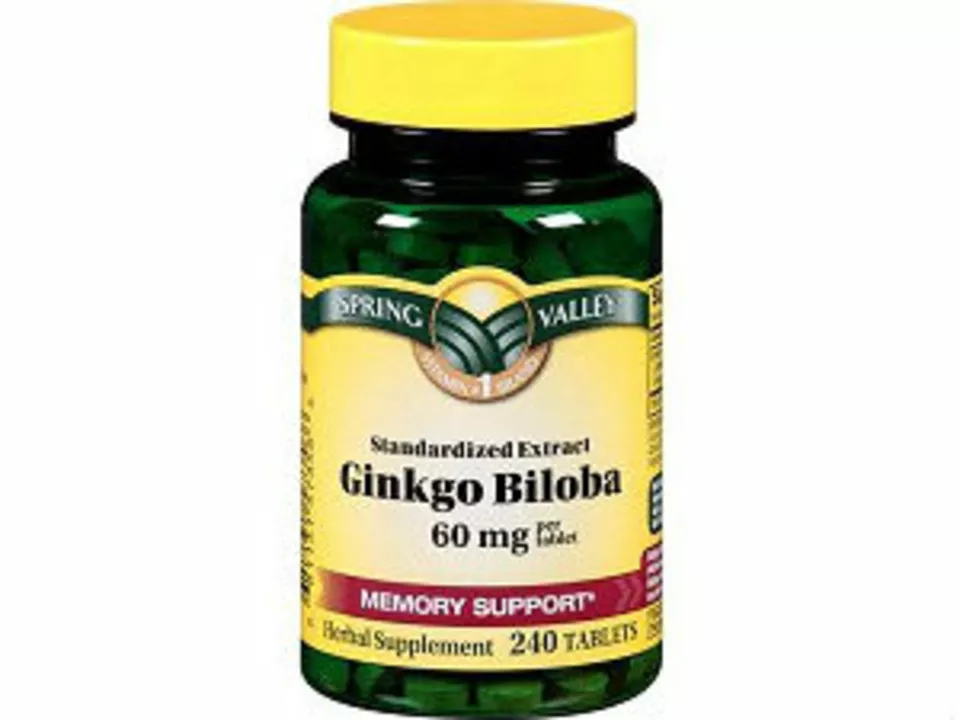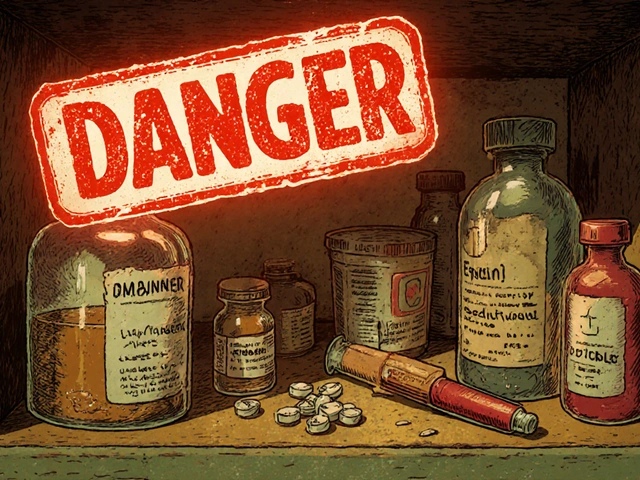St. John's Wort: What it does, how people use it, and who should avoid it
St. John’s Wort (Hypericum perforatum) is one of the most common herbal remedies for mild-to-moderate depression and mood support. People like it because it’s easy to buy, comes in capsules or teas, and some clinical trials show it helps more than placebo for mild depression. But it’s not harmless—this herb can change how many prescription drugs work.
How St. John's Wort works and common uses
Researchers think St. John’s Wort affects brain chemicals like serotonin, dopamine, and norepinephrine. That’s why it can lift mood for some people. Typical uses include short-term help for mild-to-moderate depression, seasonal mood dips, and nervous tension. Dosing in studies varies, but common amounts are 300 mg extracts taken two or three times daily (often standardized to 0.3% hypericin). Always follow the product label or your clinician’s advice.
Forms you’ll find: standardized extract capsules, tablets, teas, and topical oils. Extracts with a stated hypericin or hyperforin level are more consistent than loose leaf teas. If you want predictable effects, choose a standardized product from a known brand.
Important safety tips and major drug interactions
Here’s the part most people miss: St. John’s Wort can reduce levels of many prescription drugs by speeding up liver enzymes (CYP3A4) and certain transport proteins. That can make medicines less effective or, worse, cause treatment failure. Key interactions to watch for:
- Antidepressants (SSRIs, SNRIs): risk of serotonin syndrome if combined; avoid mixing without medical advice.
- Birth control pills: may lower hormone levels and raise pregnancy risk.
- Anticoagulants like warfarin: can reduce blood levels and affect clotting control.
- HIV antiretrovirals and some hepatitis drugs: can cut effectiveness of antiviral therapy.
- Transplant meds (cyclosporine, tacrolimus): may lower drug levels and raise rejection risk.
- Many cancer drugs, some statins, and seizure medicines: interactions are possible—check with your oncologist or specialist.
Other practical safety notes: stop St. John’s Wort at least 1–2 weeks before surgery because it can affect anesthesia; pregnant and breastfeeding people should avoid it; side effects include stomach upset, dizziness, fatigue, vivid dreams, and increased sun sensitivity for some users.
If you’re thinking of trying it, tell your doctor and bring a list of all medicines and supplements you take. Pharmacists can also check interactions quickly. If a clinician prescribes an antidepressant, don’t start or stop St. John’s Wort on your own—changes can trigger withdrawal or serotonin-related problems.
Want to read more? Browse our related articles on herb safety, drug interactions, and how supplements can affect prescribed medicines. St. John’s Wort can help some people, but only if you use it wisely and check for interactions first.

St. John's Wort: The Dietary Supplement You Need to Know About for Optimal Health and Happiness
St. John's Wort has been a game changer for my health and happiness journey. This incredible dietary supplement is known for its natural mood-boosting properties. Not only has it helped me manage my stress and anxiety, but it's also been effective in improving my overall emotional well-being. I've personally experienced better sleep and increased energy levels since incorporating St. John's Wort into my daily routine. If you're looking to optimize your health and happiness, I highly recommend giving this amazing supplement a try!
Read More




